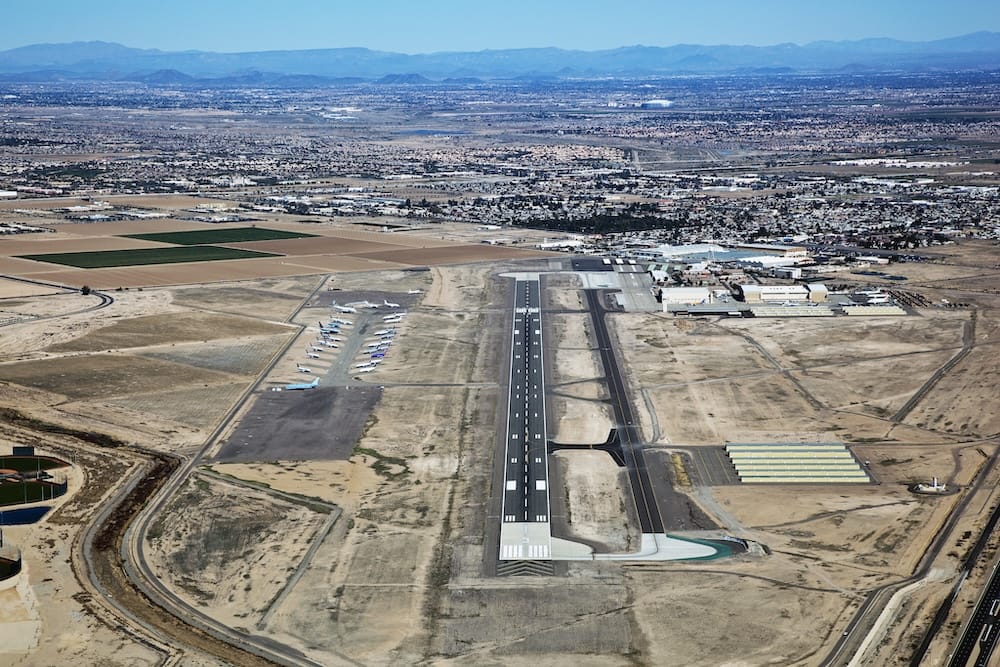

Governor Hobbs Vetoes Protective Legislation
On June 2, Arizona Governor Katie Hobbs vetoed Senate Bill 1109, a measure aimed at prohibiting the People's Republic of China and its state-owned enterprises from acquiring property in the state. The bill, sponsored by Senate Majority Leader Janae Shamp, sought to prevent China from holding a substantial interest, defined as a 30 percent stake or more, in Arizona land. This decision has sparked significant concern among state officials who view the veto as a missed opportunity to safeguard critical military, commercial, and agricultural assets from potential foreign espionage and sabotage.
The proposed legislation was specifically designed to protect Arizona's strategic interests, particularly around military bases. Supporters of the bill argue that foreign ownership of land near such sensitive areas poses a direct threat to national security. Governor Hobbs, in her veto letter, stated that the bill was 'ineffective at counter-espionage' and did not adequately protect military assets from potential threats, a stance that has drawn sharp criticism from Republican lawmakers.
Legislative Intent and National Security Concerns
Senate Majority Leader Janae Shamp, who authored SB 1109, has publicly condemned the veto, emphasizing the risks associated with allowing foreign entities like China to own land near Arizona's military installations. She stated, 'Governor Hobbs again endangers state and national security with her latest veto of legislation protecting Arizona military bases from Chinese threats.' Her statement reflects a broader concern among state Republicans about the implications of foreign land ownership in strategically important areas.
Arizona hosts several key military bases, making the issue of land ownership by foreign governments a pressing matter. The bill's supporters argue that without such restrictions, there is a heightened risk of surveillance or other activities that could compromise the safety of these installations. The veto has intensified debates over how best to balance economic interests with the imperative to protect national security.
Public and Political Backlash to the Veto
The decision by Governor Hobbs has not gone without significant backlash from various quarters. Many in the state legislature and beyond have expressed disappointment, viewing the veto as a failure to prioritize Arizona's safety over other considerations. Posts on social media platforms like X indicate a strong sentiment among some users that this move undermines American interests, with particular frustration directed at the potential for Chinese ownership of land near critical infrastructure.
As discussions continue, the veto of Senate Bill 1109 remains a contentious issue in Arizona politics. Lawmakers and citizens alike are grappling with the implications of foreign land ownership and what it means for the future security of the state. The debate underscores a larger national conversation about the role of state governments in addressing threats posed by foreign entities acquiring American soil.
Dues are $12 per year. Member benefits:
✅ Ad-Free Website Viewing
✅ Advocacy for Republican Seniors
✅ 120+ Senior Discounts
✅ Member Only Newsletters